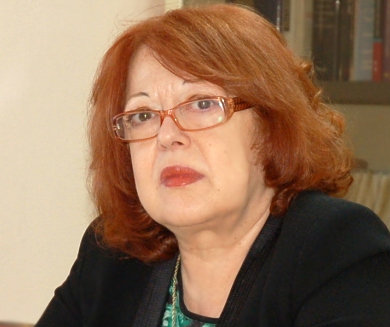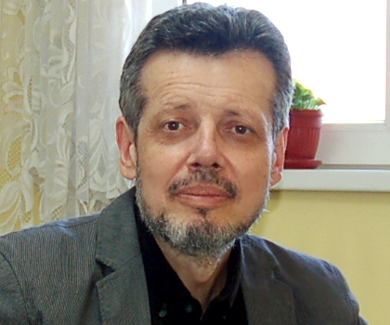Over the past week experts of the Alexandrovska Hospital and the Sv. Nikola Child Psychiatry Clinic voiced to the public results of the Development of Effective Programs for Early Diagnostics of Autism in Bulgaria Via the Implementation of International Standard Tools project. Nearly 300 children in Bulgaria receive that diagnosis each year. The recognition of the condition at an early stage and appointing the right treatment is the main goal of the healthcare ministry in that sphere. The project was implemented in two stages, where experts from Sweden had to get Bulgarian psychologists, pediatricians and psychiatrists acquainted with two tools, guaranteeing very precise diagnostics of autism. Prof. Nadya Polnareva, head of the expert team gives us more details on the problems and difficulties faced during the screening of the little patients and also on the projects’ benefits for the latter:
 “Efforts should be put into making the screening a standard procedure. Work has been done in this relation, as many psychological tools have been translated, even within the frameworks of this project. Parents should pay more and more attention to the early development of the kids, but that should also be a priority for the Family Doctors. They have to be equipped with tools which guarantee precise results, since a heavy diagnosis of that kind means enormous stress to the parents. Experience has brought us to the conclusion that family doctors should support the young parents. We are impressed by the fact that teachers at kindergartens are very well prepared and are now a key factor in making the parents look for early health assistance.”
“Efforts should be put into making the screening a standard procedure. Work has been done in this relation, as many psychological tools have been translated, even within the frameworks of this project. Parents should pay more and more attention to the early development of the kids, but that should also be a priority for the Family Doctors. They have to be equipped with tools which guarantee precise results, since a heavy diagnosis of that kind means enormous stress to the parents. Experience has brought us to the conclusion that family doctors should support the young parents. We are impressed by the fact that teachers at kindergartens are very well prepared and are now a key factor in making the parents look for early health assistance.”
 The entire diagnostic process for kids with autism is free for their parents, but can be only done within the system of a certain hospital.Associate Prof. Dimitar Terziev, head of a daytime department with the Child Psychiatry Clinic explains more about the treatment and the share, covered by the health fund:
The entire diagnostic process for kids with autism is free for their parents, but can be only done within the system of a certain hospital.Associate Prof. Dimitar Terziev, head of a daytime department with the Child Psychiatry Clinic explains more about the treatment and the share, covered by the health fund:
“The parents should provide regular visits of the children during daytime hospitalization. The tests are psychological and psychiatric ones, including lots of monitoring. The funding is covered by the Healthcare Ministry, which pays the hospital for a patient on a clinic path. This daytime hospital assistance is the only one that the parents don’t pay for. Of course, anything additional like additional therapy is paid for.”
English version: Zhivko Stanchev
The Festival of Ancient Heritage "Eagle on the Danube" will carry out its most ambitious edition so far – “The Legions of Moesia”. It will be held from June 13 to 15 at three ancient fortresses on the territory of Pleven district. These are Storgosia..
By decision of the Council of Ministers, the deadline for the implementation of the activities under the National Programme for Polar Studies “From Pole to Pole” 2022-2025" has been extended until the end of 2027, BTA reported. According to the..
Natalia Staykova is a primary school teacher, one of those educators for whom working with children is not just a profession, but a calling. She says that children give her strength and energy. She puts her whole soul and heart into teaching them to..
At the end of May, the Bulgarian Embassy in Rome graciously hosted a solemn ceremony to end the school year at the Abagar Bulgarian weekend school. The..

+359 2 9336 661
